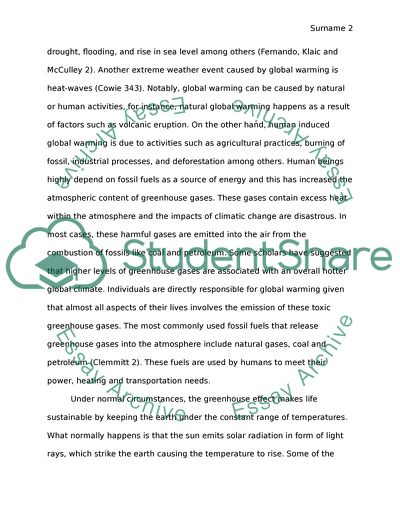Cite this document
(“The role of global warming in public health Research Paper”, n.d.)
The role of global warming in public health Research Paper. Retrieved from https://studentshare.org/environmental-studies/1682955-the-role-of-global-warming-in-public-health
The role of global warming in public health Research Paper. Retrieved from https://studentshare.org/environmental-studies/1682955-the-role-of-global-warming-in-public-health
(The Role of Global Warming in Public Health Research Paper)
The Role of Global Warming in Public Health Research Paper. https://studentshare.org/environmental-studies/1682955-the-role-of-global-warming-in-public-health.
The Role of Global Warming in Public Health Research Paper. https://studentshare.org/environmental-studies/1682955-the-role-of-global-warming-in-public-health.
“The Role of Global Warming in Public Health Research Paper”, n.d. https://studentshare.org/environmental-studies/1682955-the-role-of-global-warming-in-public-health.


